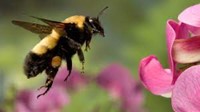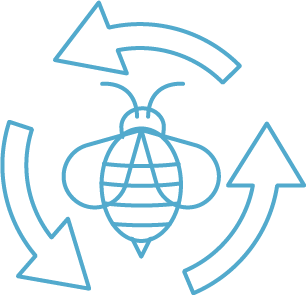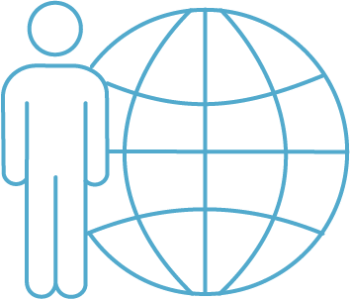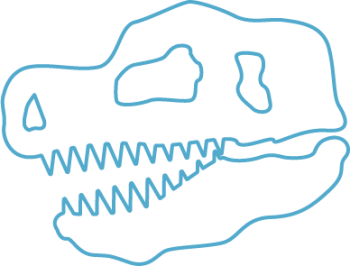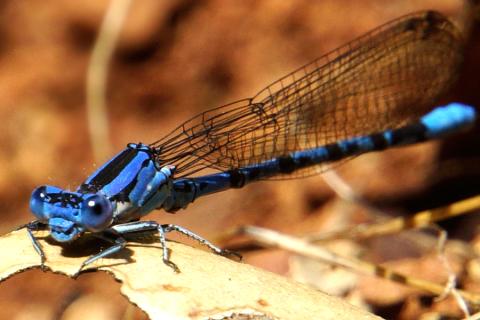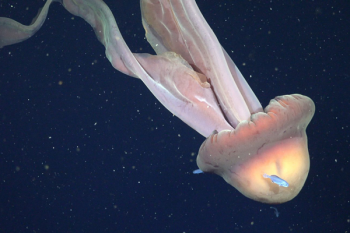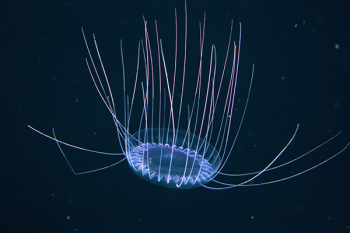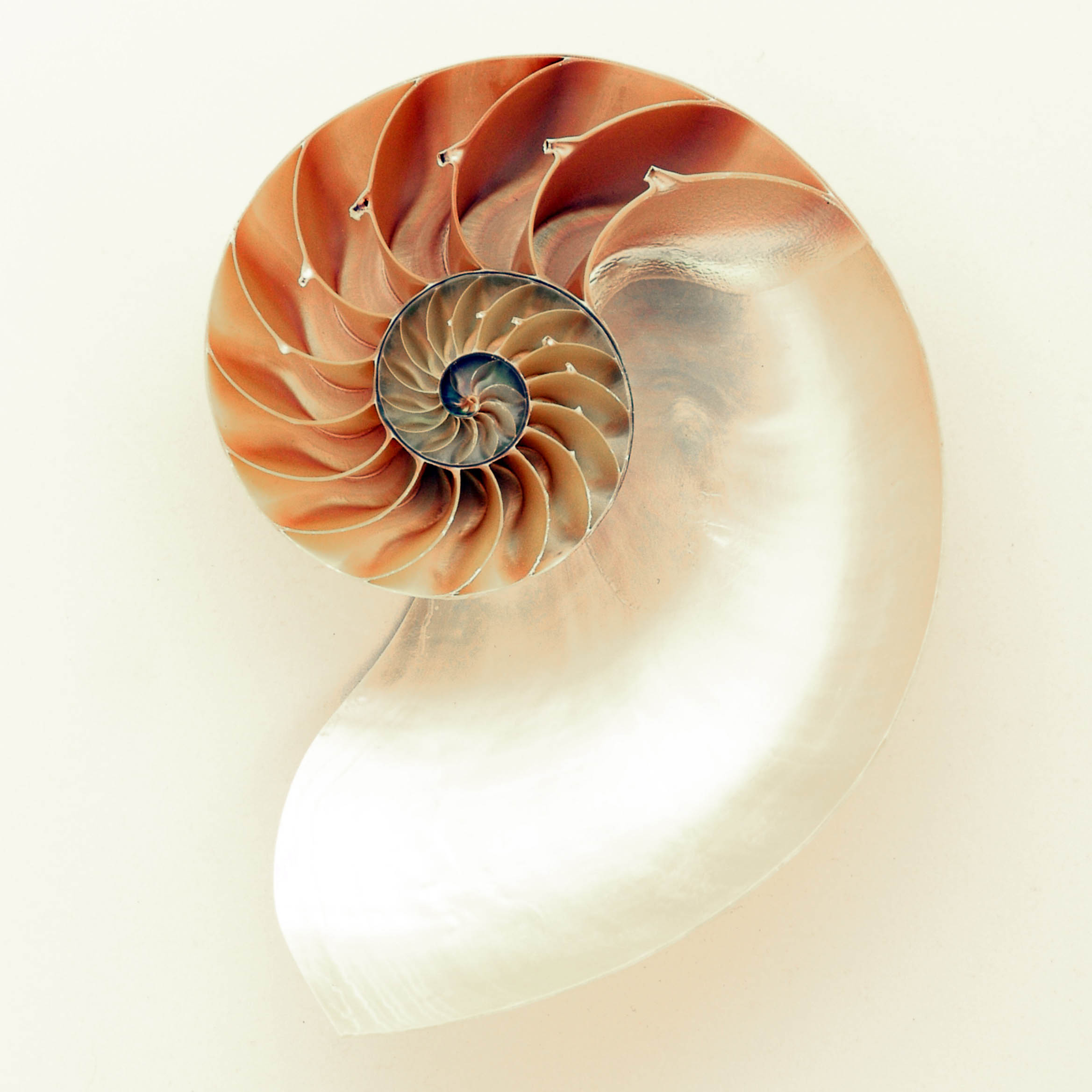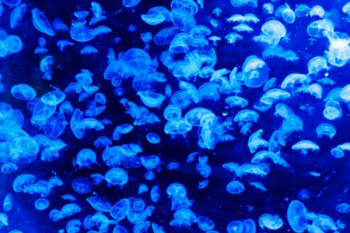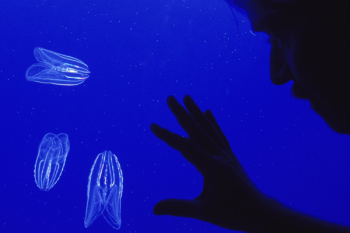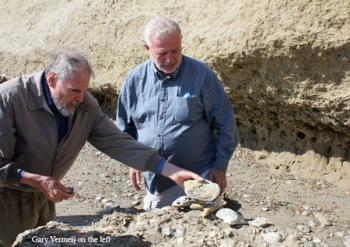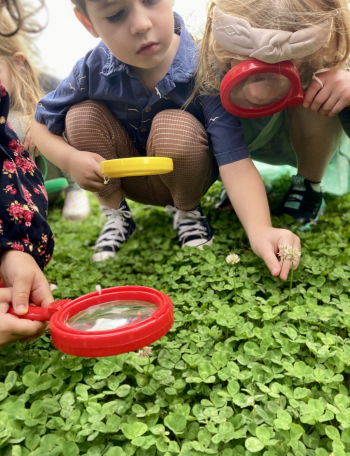Insects are an essential part of any ecosystem as they perform so many different roles. They are pollinators, seed dispersers, soil mixers, decomposers of plants and animals, and food for so many vertebrate species.
Honey bees are our friends because they bring us one out of every three bites of food.
Read about the role that bees play in ecosystems as pollinators.
Read more about bee pollination and Colony Collapse Disorder, a disease that is devastating bee populations. And read that wild, native bees, not just honey bees, are critical as pollinators.
Other insects are also pollinators. butterflies are also pollinators.
Ants play an important role in the ecosystems where they live. Ants aerate the soil as they move it to create their colonies, allowing water and oxygen to reach plant roots acting as ecosystem engineers. They scavenge small dead animals and organic material, and are, in turn, eaten by other organisms. Leaf-cutter ants, found in the tropics, cut leaves to feed the fungus they farm. As they stir up the soil, their activity releases carbon dioxide, contributing to carbon emissions.
Millipedes are nature’s decomposers. They eat decaying plants—bark and leaves—shredding them with powerful jaws. The smaller decomposers can then break down the detritus further, returning nutrients to the soil. Some millipedes exude a toxin when disturbed. Learn more about the Giant African Millipede.
Although Pillbugs are not native to North America, they are important decomposers here, returning nutrients to the soil as they break down detritus.
